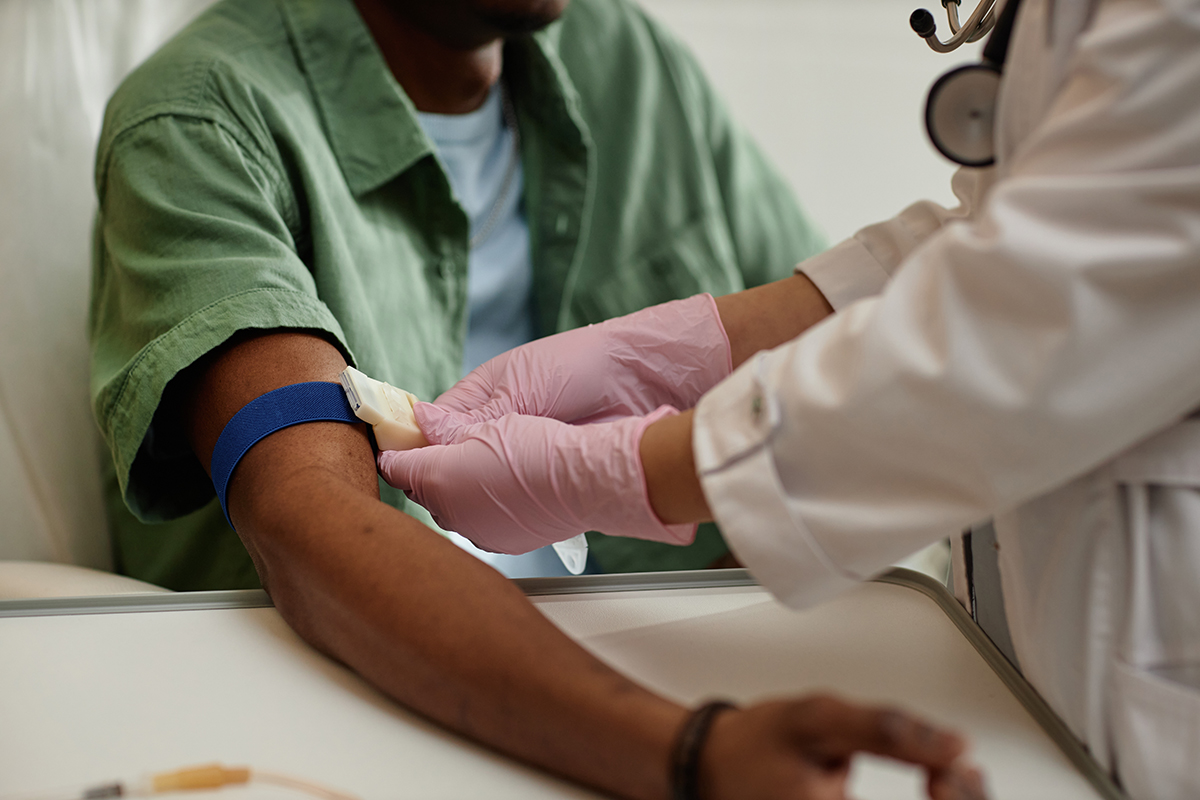Health Capsule
Accurate Blood Test for Alzheimer’s Disease

Older adults who are worried about their thinking, memory, or reasoning skills may want to get tested for Alzheimer’s disease. But current tests are invasive and expensive. One type uses a sample of spinal fluid. Another uses expensive brain imaging. These tests can’t be done in primary care clinics, which limits access for many people.
To address these issues, researchers have been trying to develop blood tests for Alzheimer’s disease. These measure proteins that spill from the brain into the bloodstream. In a new study, researchers looked at how well a blood test, called PrecivityAD2, works for detecting Alzheimer’s.
The team collected blood samples from more than 1,000 people who were concerned they might have Alzheimer’s disease. The scientists then compared the blood test results with those from either a spinal-fluid test or imaging scan. They also compared the blood test with an evaluation performed by doctors.
The blood test predicted a diagnosis of Alzheimer’s disease with about 90% accuracy. In contrast, evaluations done by doctors picked out only about 60% to 70% of Alzheimer’s cases.
“The next steps include establishing clear guidelines for how an Alzheimer’s blood test can be used in clinical practice,” says Dr. Oskar Hansson from Lund University in Sweden, who helped lead the study.
While it is sold in the U.S., the test is not yet approved by the FDA. More studies are needed to verify how well the test works in more diverse populations.
NIH Office of Communications and Public Liaison
Health and Science Publications Branch
Building 31, Room 5B52
Bethesda, MD 20892-2094
Contact Us:
nihnewsinhealth@od.nih.gov
Phone: 301-451-8224
Share Our Materials: Reprint our articles and illustrations in your own publication. Our material is not copyrighted. Please acknowledge NIH News in Health as the source and send us a copy.
For more consumer health news and information, visit health.nih.gov.
For wellness toolkits, visit www.nih.gov/wellnesstoolkits.




